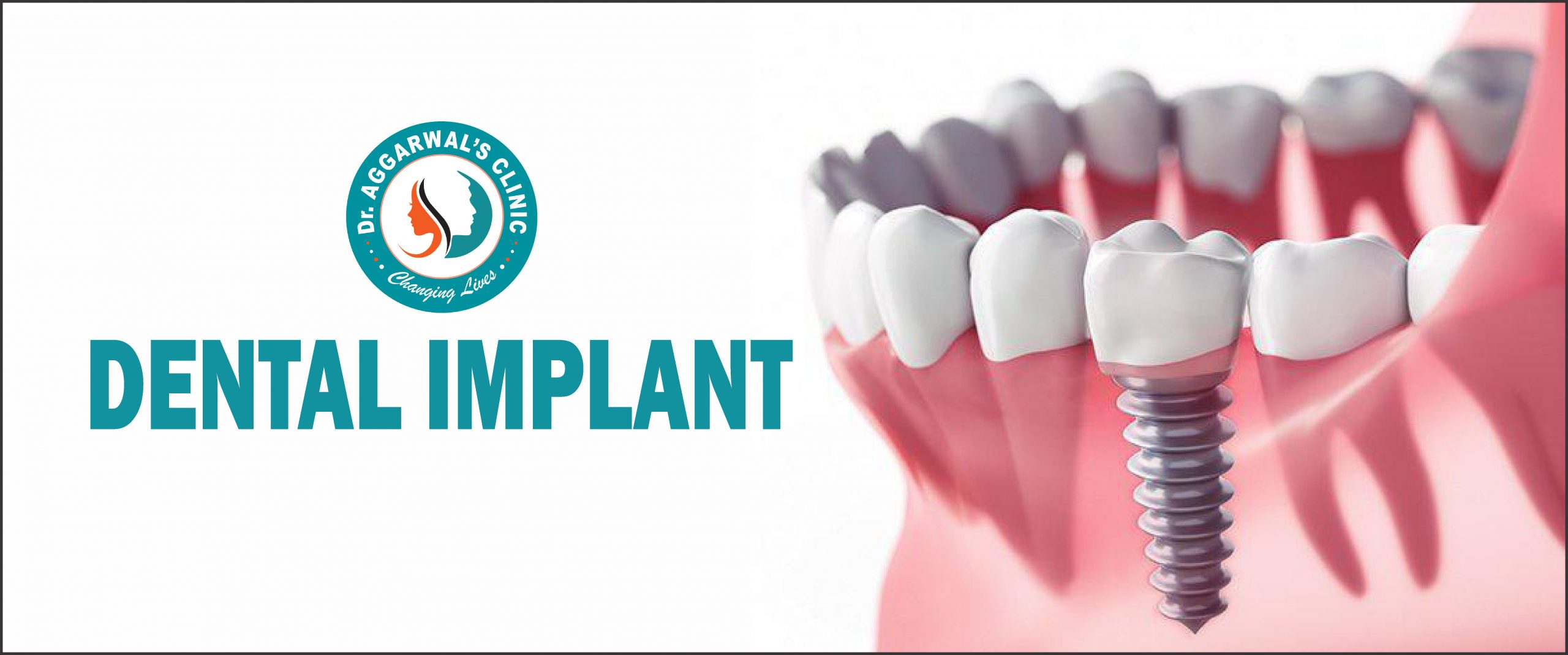Dental Implants Treatment

Meet Our Team of Experts.
Dr. Anika Aggarwal is amongst the best dentist in Jodhpur who specializes in Dental Cosmetics and is a Root Canal Specialist. She is highly qualified and has done MDS in conservative and endodontics. She has been serving patients related to dental from many years and connects efficiently with all her patients to so as to study the case and accordingly treat the patients effectively. This approach provides comforts to the patients and they can openly share all the health problems from which they are suffering. Through this, she has been spreading smiles to all her patients by providing the care their teeth deserve.
Meet Our Team of Experts.
Dr. Anika Aggarwal is amongst the best dentist in Jodhpur who specializes in Dental Cosmetics and is a Root Canal Specialist. She is highly qualified and has done MDS in conservative and endodontics. She has been serving patients related to dental from many years and connects efficiently with all her patients to so as to study the case and accordingly treat the patients effectively. This approach provides comforts to the patients and they can openly share all the health problems from which they are suffering. Through this, she has been spreading smiles to all her patients by providing the care their teeth deserve.
Dental Implants in Jodhpur
If you are considering implants, you must have healthy gums and adequate bone to support the implant.
A dental implant is a titanium post (like a tooth root) that is surgically positioned into the jawbone beneath the gum line that allows your dentist to mount replacement teeth or a bridge into that area. An implant doesn’t come loose like a denture can. Dental implants also benefit general oral health because they do not have to be anchored to other teeth, like bridges.
The Procedure
At Dr.Aggarwal, A dental implant (also known as an endosseous implant or fixture) is a surgical component that interfaces with the bone of the jaw or skull to support a dental prosthesis such as a crown, bridge, denture, facial prosthesis or to act as an orthodontic anchor.
What are dental implants?
A dental implant is used to support one or more false teeth. It is a titanium screw that can replace the root of a tooth when it fails. Just like a tooth root, it is placed into the jawbone.
Are implants safe and how long will they last?
Implants are a safe, well-established treatment. It’s probably true to say that implants, much like natural teeth, will last for as long as you care for them. How well you look after your implants – and whether you go for your regular maintenance appointments – will have the biggest impact on how long they will last. If you don’t look after your implants they will develop a coating similar to what you get on neglected natural teeth. Left untreated, this can lead to gum infection, bleeding, soreness and general discomfort. You could get all these problems with natural teeth. If your implants are well looked after, and if the bone they are fitted to is strong and healthy, you can expect them to last for many years. However, just as with other surgical implants (such as a hip replacement) there is no lifetime guarantee.
How long does the treatment take?
Your dental team will be able to give you a rough timetable before the treatment starts.
Some false teeth can now even be fitted at the same time as the implants (these are called ‘immediate implants’). Check with your dental team to see whether these are suitable for you. Usually, the false teeth are fitted 3 to 4 months after the implants are put in. Sometimes treatment takes longer and your dental team will be able to talk to you about your treatment time.

Frequently Asked Questions
Crowns, veneers and bridges can be made of various metals, high strength ceramics or a combination of both. Different types are suitable for different people and in different areas of the mouth, and different aesthetic demands. Dr. Anika can advise what would be the best solutions for your needs. The quality and appearance of your crown is not dependent on what its made of, its dependent of the skill and artistry of how its made.
Are implants better than bridges?
Not necessarily. If the teeth either side of a gap require crowns is may be more sensible and economical to have a bridge.
Both dental crowns and bridges will last a good long while, though how long depends on a few factors.
Good oral health requires you to brush and floss on a regular basis because oral hygiene should be your number one priority if you want the procedures to last and be effective in the long run.
You also need to avoid eating unhealthy foods that have a hard surface because it might damage the crown or bridge. Avoid sticky foods to prevent decay and your crown or bridge should last from five to fifteen years.
Crown placement is typically completed in two visits. First, we will remove a thin layer of enamel coating and shape the tooth to provide room for the crown. This process allows the crown to be placed without crowding neighboring teeth or creating an uneven bite. Then we make an impression of the teeth, which is sent to an on-site lab where the crowns will be made from the most advanced materials for long-lasting durability.
The dentist will fit a temporary crown, which is crafted from resin, to protect your tooth while the permanent crown is being made. At the second visit, the temporary crown will be removed and the tooth will be carefully cleaned before the permanent crown is applied using a strong adhesive.
There are three types of dental bridges:
-Traditional Fixed Bridge
-Resin Bonded Bridges
-Cantilever Bridges
Because temporary crowns are made from acrylic, which is less strong than the metal, ceramic or porcelain material of a permanent crown, you must take extra precautions. Limit the amount of chewing you do on the side of your mouth where your temporary crown is located. Avoid chewing on hard candies, nuts and very crunchy fresh vegetables such as carrots on the same side of the mouth as your temporary crown. Until your permanent crown is in place, don’t eat sticky desserts or candy, including caramels, licorice, jelly beans, taffy, toffee and gummy bears, as they could pull the temporary crown off your tooth. Avoid chewing gum for the same reason.
Hot foods: Some individuals experience a mild-to-severe sensitivity in and around a crowned tooth when eating hot foods, particularly if they are affected by gum recession. If the problem persists, consult your dentist as the crown’s fit may require adjustment.
Cold foods: Although they do not harm your crown, such foods can trigger sensitivity similar to that caused by hot foods if any part of your gum recedes enough to expose the root above a crowned tooth. Your dentist may suggest that you use a toothpaste made especially for sensitive teeth; such toothpaste work by blocking the sensation traveling from the tooth to the nerves.
Sugary foods: Avoid constant exposure to sugary drinks, candy or gum, keep snacking to a minimum, and brush or rinse your teeth after eating chewy or sticky foods such as dried fruit.
It is important to maintain excellent oral hygiene, making sure to brush and floss twice a day. Avoid biting on hard foods like nuts and candy that can potentially fracture the restoration.



